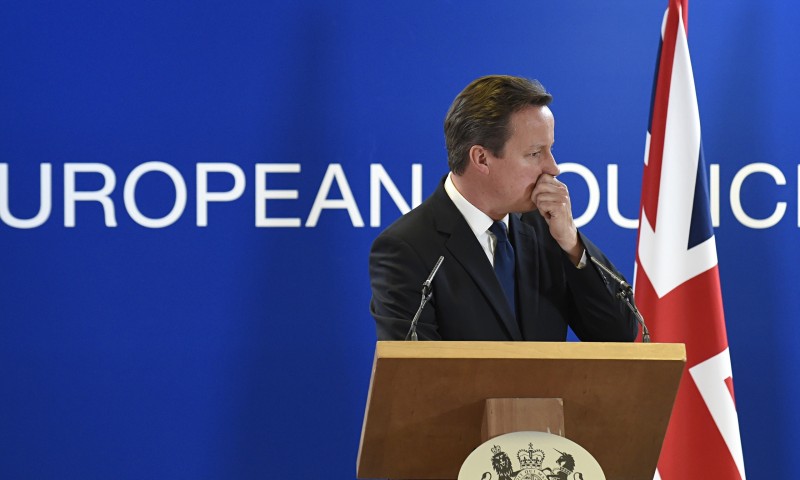
José Manuel Barroso, the most anglophile commission president of the last 30 years, will give vent to deep frustration at British tactics when he takes the highly unusual step of venturing into internal UK affairs by warning that the Tories should learn from the Scottish referendum and not wait until the final days to make a positive case. In a speech at Chatham House on Monday, Barroso will sweep aside his usual diplomatic language to say: “My experience is that you can never win a debate from the defensive. We saw in Scotland that you actually need to go out and make the positive case. In the same way, if you support continued membership of the EU you need to say what Europe stands for and why it is in the British interest to be part of it.
“And you need to start making that positive case well in advance, because if people read only negative and often false portrayals in their newspapers from Monday to Saturday, you cannot expect them to nail the European flag on their front door on Sunday just because the political establishment tells them it is the right thing to do.”
The intervention by Barroso, a month before he stands down after a decade as president of the commission, comes amid deep frustration among EU leaders about the way in which Cameron is hardening his approach to the EU in response to Ukip. The prime minister is embarking on a fresh change of heart as he plans to impose restrictions on the free movement of citizens from EU member states. The prime minister is planning to cap the number of national insurance numbers issued to EU immigrants with low skills. This would hit the 11 eastern European states that have joined since 2004. National insurance numbers could be issued for a limited period to ensure the prime minister delivers on his pledge to reduce net migration to the tens of thousands.
Barroso said that Cameron’s proposal would fall foul of EU law which guarantees the free movement of people. The Lisbon treaty of 2007 echoed the EEC’s founding 1957 treaty of Rome as it said “the free movement of persons is ensured”.
